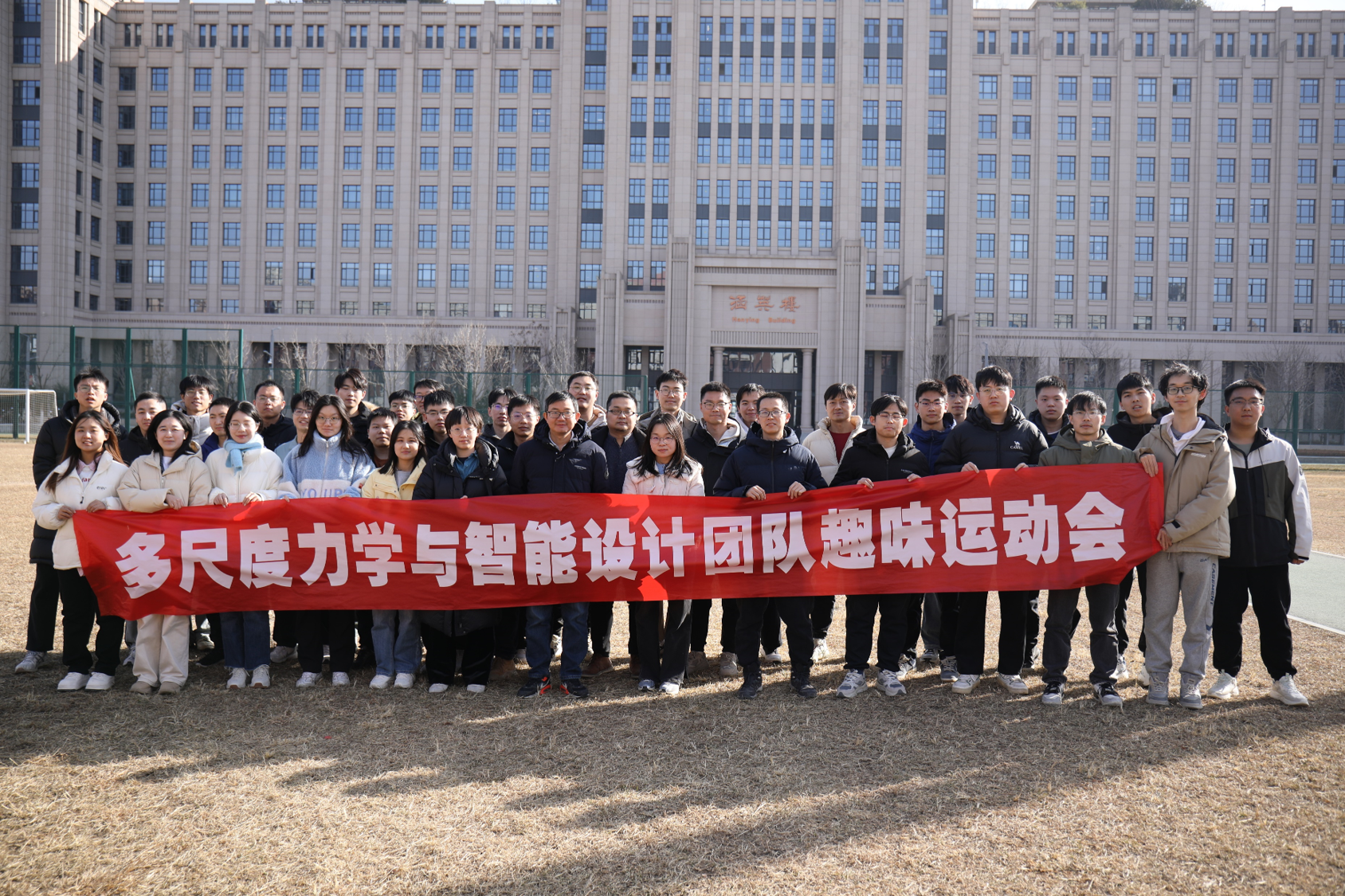Portfolio item number 1
Short description of portfolio item number 1
Short description of portfolio item number 1
2024 End-of-Year Fun Sports of Liu Research Group
Published in Journal of the Mechanics and Physics of Solids, 2025
This paper proposes a continuum mechanics framework for extremely anisotropic 2D materials (CM2D) by considering monolayer bending and surface layer effects.
Recommended citation: Liu H, Chen Y, Wang W, et al. Homogenization of two-dimensional materials integrating monolayer bending and surface layer effects[J]. Journal of the Mechanics and Physics of Solids, 2025, 194: 105911.
Download Paper
Postgraduate course, Xi'an Jiaotong University, 2025
Data-Driven Solid Mechanics represents a paradigm shift in the classical field of solid mechanics by integrating modern data science and machine learning methodologies with fundamental mechanical principles. This course explores how data-driven approaches can enhance our understanding and prediction of material behavior, structural responses, and mechanical systems. Students will learn to harness experimental data and numerical simulations through advanced statistical methods, neural networks, and deep learning architectures to model complex mechanical phenomena. The curriculum spans from traditional constitutive modeling to contemporary topics such as physics-informed neural networks (PINNs), reduced-order modeling, and inverse problems in mechanics. By bridging conventional mechanics theories with cutting-edge data science techniques, this course empowers students to tackle challenging problems in material characterization, structural health monitoring, and mechanical design optimization. Special emphasis is placed on maintaining mechanical consistency while leveraging the power of data-driven methods.
Teaching, Xi'an Jiaotong University, 2026
AI for Engineering is an advanced interdisciplinary course that explores the integration of artificial intelligence methodologies with engineering applications. This course covers fundamental AI concepts, including machine learning algorithms, deep learning architectures, and optimization techniques, with a specific focus on their implementation in engineering problem-solving. Students will learn to apply AI tools to various engineering challenges, such as design optimization, predictive maintenance, materials discovery, and process control. Through hands-on projects and case studies, participants will develop practical skills in leveraging AI technologies to enhance engineering efficiency and innovation. The course bridges the gap between theoretical AI frameworks and real-world engineering applications, preparing students for the evolving landscape of AI-driven engineering solutions.